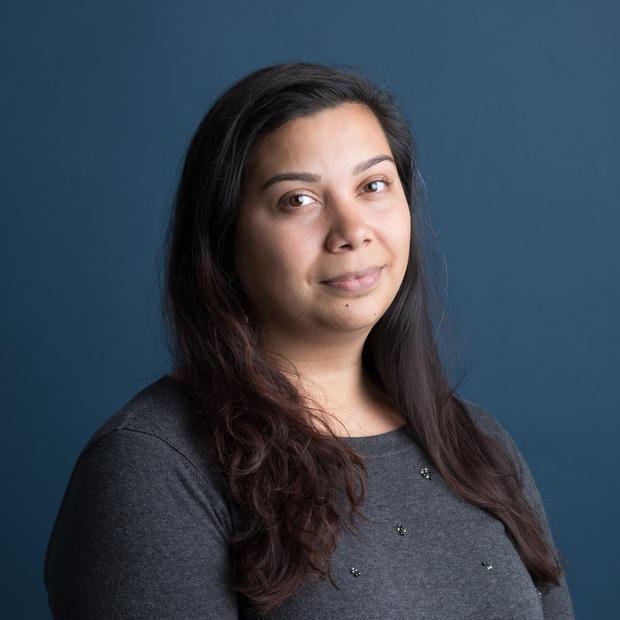When Abou Saleh first arrived in the United States as a refugee at the age of 17, he experienced a huge culture shock.
"I had this childhood imagination of coming to America," he said, referring jokingly to the influence American movies had on him. "I had this image that police officers could fly around!"
After this initial disappointment at the relative lack of spectacle subsided, what was left was a profound loneliness. Not only was language an issue — he knew no English — but coming here alone meant a lack of community to rely on for support.
"In my country, neighbors are more friendly," said Saleh, who is originally from Chad. "Here, you have a sense of isolation."
Erin Guinup has met a number of people like Saleh. As founder and artistic director of the Tacoma Refugee Choir, she says cultural differences, language barriers and little social support can lead refugees and immigrants to fee as if they face insurmountable challenges. The recent uptick in xenophobic and anti-immigrant sentiment in the national discourse has only made things harder.
For newcomers, "it can be really devastating to realize that the journey is just beginning," Guinap said, "especially when you feel like people see you as unwelcome, and judge you before you even have a chance to prove yourself."
Guinup started the choir in 2016 in response to the growing refugee crisis. After starting as a pilot project in partnership with Tacoma Community House, a local nonprofit that provides social services to immigrants, refugees and community members, the choir launched the next year under the name Tacoma Refugee Choir.
Since then, it has welcomed more than 300 members from 37 countries, including Iran, Ukraine, England, Kenya, India, Nigeria and Chad. The group has performed at events such as TEDxSeattle and this year’s Tacoma State of the City address, for which it was asked to sing the national anthem.
Saleh, now 24, learned about the choir from a friend he knew through the foster care system. The friend urged him to come to rehearsal, and Saleh says that since the first day he joined, he has felt incredibly welcomed by the community.
"We all have an urge to be loved and to belong, and you find it there," he said. “It takes a while to meet people, to build a relationship, but the choir is like a highway. You get there faster.”
Guinup attributes this to the power of music to unite people. "When we sing together, our hearts literally start to sync up with one another," she explained. "But there's also this sense of camaraderie, and this feeling that ... we can help one another and that we're not powerless against all the challenges that would beat us down."
For choir member Mariia Pozhar, the choir has become a second family.
"I know that if anything happens, there is a community of people who will be right there to come help me — or anyone else," she said. Pozhar, who is from Ukraine, had been living in Odessa with her American husband when conflicts stemming from the Russian annexation of Crimea started escalating. They moved to the United States four years ago, and while her husband's family was there to provide support, she found the transition difficult.
“Finding my right place here in the States was one of the biggest challenges," she said. ”You don't have any friends ... you don't know where to go.” Through the choir, she met friends and found a creative outlet.
In addition to serving as a kind of social club, the choir also is a “social safety net" for many members, Guinup said.
"We're not a social services organization, but when we know of a need and can help connect someone to the service, we are all glad to.” Through connections formed in the choir, she says, members have found employment, help with resume writing and interview skills, and assistance looking for housing.
"That's pretty amazing that music can help connect to those resources," she said.
Saleh is quick to point out that the choir doesn't only benefit refugees and immigrants. "The community here also really needs it. People need a culture like this," he said.
Guinup agrees, explaining that the choir "has really become a community that is incredibly valuable in its own right."
"People ... are making relationships that transcend rehearsals," she says. "It's more than a choir to most of us. It feels like part of our purpose and mission."


